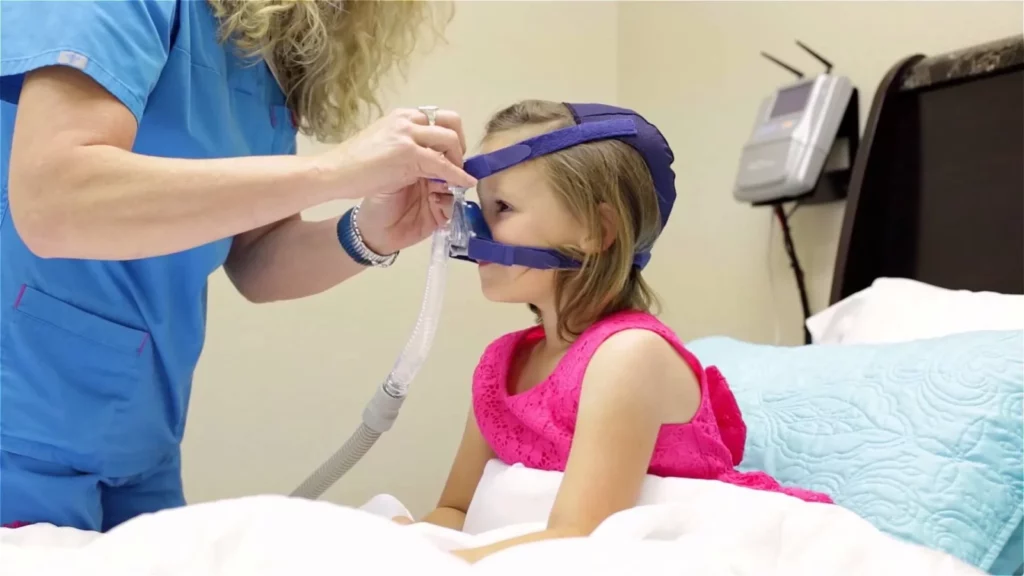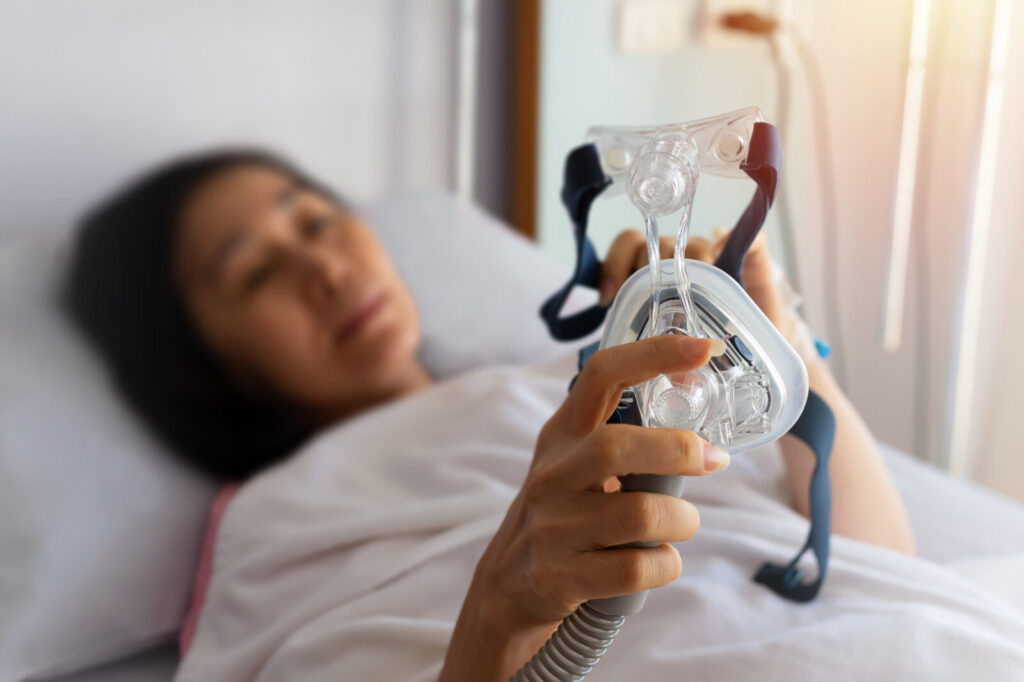
The Sleep Apnea Test Adelaide Specialists Recommend: Key Signs You Need It
Sleep apnea is a common yet often overlooked condition that can significantly impact an individual’s quality of life. In Adelaide, specialists are increasingly advocating for awareness and testing, as early diagnosis can lead to effective management and improved health outcomes. Understanding the signs that indicate a need for a sleep apnea test is essential for anyone who suspects they may be suffering from this disorder.
What is Sleep Apnea?
Sleep apnea is characterised by repeated interruptions in breathing during sleep, which can last for a few seconds to minutes. These interruptions can occur multiple times throughout the night, leading to disrupted sleep patterns and a host of related health issues. The most common form is obstructive sleep apnea (OSA), where the throat muscles relax excessively, blocking the airway.
Sleep apnea is a serious condition that can have far-reaching effects on overall health and well-being. By recognising the key signs and symptoms, individuals can take proactive steps towards seeking diagnosis and treatment. Sleep apnea test Adelaide specialists are available to guide individuals through the testing process and provide tailored treatment options.
Central sleep apnea (CSA) is another type, though less common, where the brain fails to send proper signals to the muscles that control breathing. Complex sleep apnea syndrome, a combination of both OSA and CSA, can also occur. Understanding these distinctions is vital for effective diagnosis and treatment.
Individuals suffering from sleep apnea often experience excessive daytime sleepiness, irritability, and difficulty concentrating, which can significantly impair their quality of life. The condition is frequently associated with other health problems, such as hypertension, heart disease, and type 2 diabetes. Furthermore, sleep apnea can increase the risk of accidents due to drowsiness, making it imperative for those who suspect they may have the condition to seek medical advice. Diagnosis typically involves a sleep study, which monitors various bodily functions during sleep, including breathing patterns, heart rate, and oxygen levels.
Risk factors for developing sleep apnea include obesity, age, and a family history of the disorder. Lifestyle changes, such as weight loss and regular exercise, can be beneficial in managing symptoms. In some cases, the use of continuous positive airway pressure (CPAP) devices may be necessary to keep the airway open during sleep. Additionally, certain oral appliances can be effective for those with mild to moderate cases. It is essential for individuals to engage in open discussions with healthcare providers to explore the most suitable treatment options tailored to their specific needs.

Key Signs You May Need a Sleep Apnea Test
Recognising the signs of sleep apnea is the first step towards seeking help. Below are some of the most common indicators that a sleep apnea test may be necessary.
1. Loud Snoring
Loud, persistent snoring is often the most noticeable symptom of sleep apnea. While not everyone who snores has sleep apnea, those with the condition typically snore loudly and irregularly. This snoring may be accompanied by gasping or choking sounds as breathing resumes, which can disturb both the individual and their partner.
If snoring is frequent and disruptive, it is advisable to consult a specialist. They can assess whether the snoring is a symptom of sleep apnea or another sleep disorder. Learn more about disorder on https://www.health.harvard.edu/topics/diseases-and-conditions
2. Excessive Daytime Sleepiness
Individuals with sleep apnea often experience excessive daytime sleepiness, regardless of how many hours they have slept. This can manifest as difficulty concentrating, irritability, or a general lack of energy. The repeated awakenings during the night prevent the body from achieving restorative sleep, leading to fatigue during waking hours.
Daytime sleepiness can significantly affect daily activities, including work performance and driving safety. If you find yourself frequently feeling drowsy during the day, it may be time to consider a sleep apnea test.
3. Morning Headaches
Waking up with headaches is another common symptom associated with sleep apnea. These headaches are often caused by the drop in oxygen levels during sleep, leading to increased carbon dioxide levels in the blood. This can result in tension and discomfort upon waking.
If morning headaches become a regular occurrence, it is essential to discuss this symptom with a healthcare provider, as it may indicate an underlying issue such as sleep apnea.

Additional Symptoms to Consider
Beyond the more commonly recognised signs, there are several other symptoms that may suggest the need for a sleep apnea test. Being aware of these can further aid in identifying the condition.
4. Difficulty Staying Asleep
Many individuals with sleep apnea struggle to maintain sleep throughout the night. Frequent awakenings can lead to frustration and a feeling of unrest. This symptom is often linked to the body’s attempts to resume normal breathing, resulting in disrupted sleep cycles. To read more about symptom click here.
If you find yourself waking up multiple times during the night, it is worth exploring the possibility of sleep apnea as a contributing factor.
5. Mood Changes
Sleep apnea can have a profound effect on mental health. Individuals may experience mood swings, anxiety, or depression as a result of chronic sleep deprivation. The lack of quality sleep can lead to increased stress levels and a decrease in overall well-being.
If mood changes coincide with other symptoms of sleep apnea, seeking a professional evaluation can provide clarity and potential treatment options.
6. High Blood Pressure
There is a well-established link between sleep apnea and hypertension. The repeated episodes of breathing cessation can lead to increased blood pressure, which can further exacerbate cardiovascular issues. If you have been diagnosed with high blood pressure and experience other symptoms of sleep apnea, it may be prudent to discuss testing with a healthcare professional.
The Importance of Seeking Professional Help
Recognising the signs of sleep apnea is crucial, but seeking professional help is equally important. A sleep study, often conducted in a sleep clinic or at home, can provide valuable insights into an individual’s sleep patterns and breathing behaviour.
Understanding the Sleep Study Process
A sleep study, or polysomnography, typically involves monitoring various body functions during sleep, including brain activity, eye movement, heart rate, and breathing patterns. This comprehensive evaluation helps specialists determine whether sleep apnea is present and, if so, its severity.
In some cases, a home sleep apnea test may be recommended, allowing individuals to undergo testing in the comfort of their own home. This option is often more convenient and can provide accurate results for many patients.
Potential Treatment Options
Once a diagnosis is confirmed, several treatment options are available, depending on the severity of the condition. Lifestyle changes, such as weight loss and positional therapy, may be recommended for mild cases. For moderate to severe sleep apnea, continuous positive airway pressure (CPAP) therapy is often the first line of treatment. This involves wearing a mask connected to a machine that delivers a steady stream of air to keep the airway open during sleep.
In some instances, dental devices or surgical interventions may be necessary to address anatomical issues contributing to sleep apnea. A specialist will work with the individual to determine the most appropriate course of action based on their specific needs.
Conclusion: Taking Charge of Your Sleep Health
Prioritising sleep health is essential, not only for improved quality of life but also for long-term health benefits. If you or someone you know is exhibiting signs of sleep apnea, do not hesitate to consult a healthcare professional for further evaluation. Taking charge of sleep health can lead to a more restful night and a more vibrant day.
Other resources: When to Consider Sleep Testing Adelaide A Quick and Easy Guide
